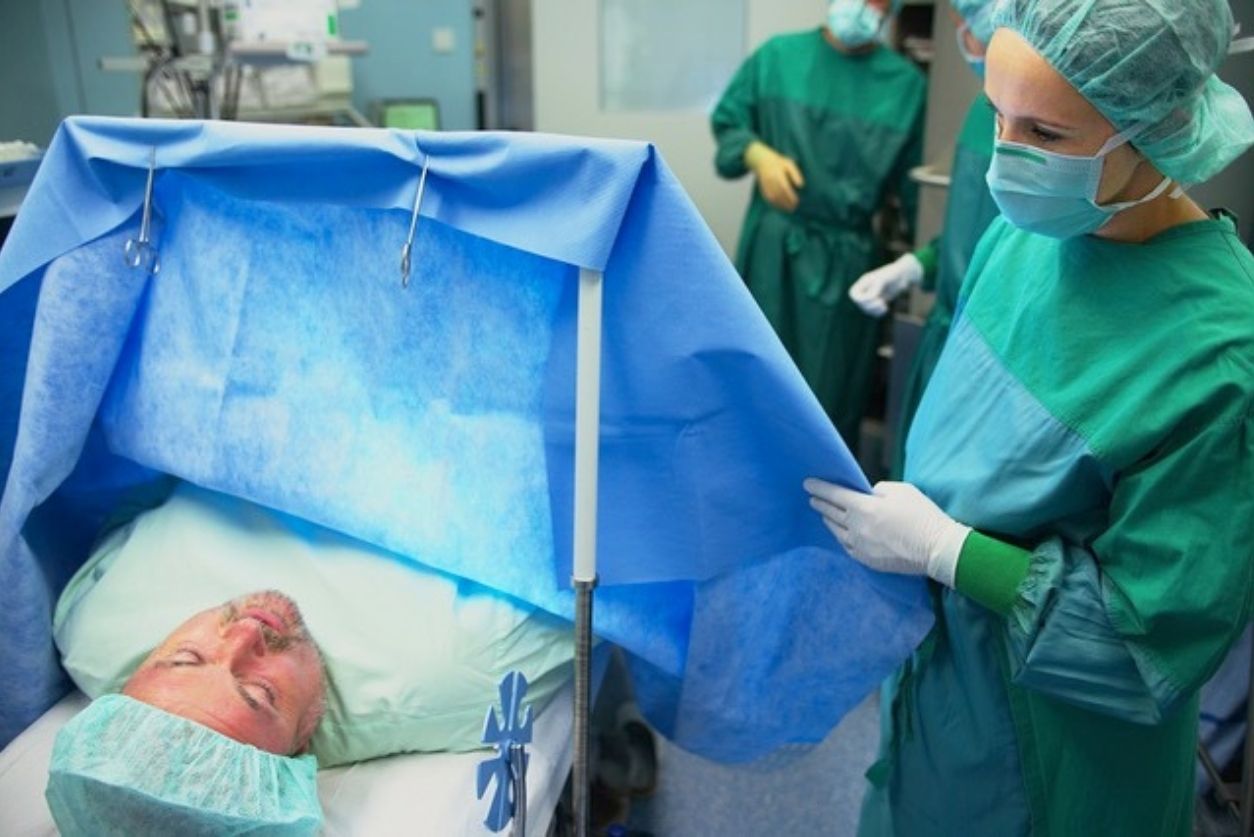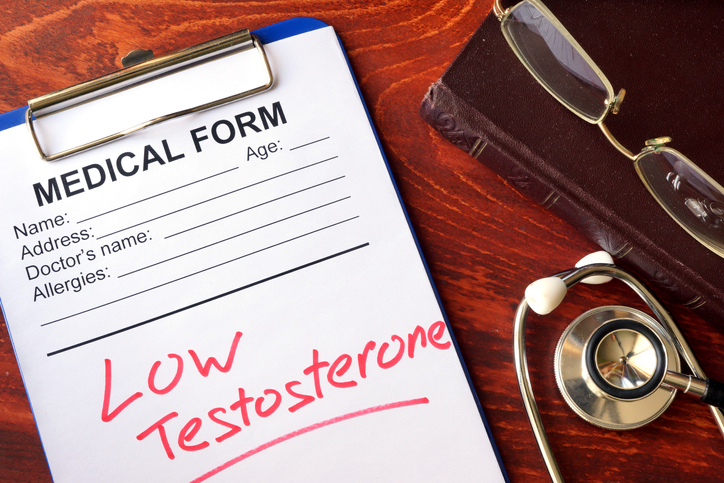What is Cystoscopy? Georgia Urology Explains
By Dr. Fernando A. Duralde, M.D., F.A.C.S.
Cystoscopy means literally to look at the bladder with a scope. The expert urologists at Georgia Urology have performed many cystoscopes, so they’re extremely qualified to explain all about this medical procedure.
Why Should You Get a Cystoscopy?
Reasons for doing a cystoscopy include evaluation of lower urinary tract when there is blood in the urine. Similarly, a cystoscopy might be part of the evaluation for recurrent infections or issues of incontinence. Patients with a history of bladder tumors are followed in this way. Ultimately, cystoscopy is a diagnostic test to find the source of the problem and develop a treatment plan.
How Does Cystoscopy Work?
This procedure can be performed awake or asleep, in the office, the surgery center, or in the hospital. To reach the bladder, the scope normally goes through the urethra which, in men, includes the prostate. When this procedure is done in the office or surgery center, the urologist will most likely use a flexible scope. This means the scope can go around bends and curves. Overall, the procedure is mildly more uncomfortable than having a catheter placed.
In the office setting, a cystoscopy normally takes about five minutes to perform. The patient will be prepped and often given lidocaine jelly to numb the tissues. The most discomfort comes with passing the scope into the bladder. After that, there is a sensation of bladder fullness as the urologist instills water into the bladder. It is not unusual to experience some discomfort urinating after the procedure and blood can occasionally be seen. This will most likely clear. Drinking more fluids helps “flush” the bladder. Expect to recover within the next few days.
What Happens After?
Your urologist should be able to share the findings with you after the procedure is completed. In some cases, you will need to go to the hospital for a more involved procedure. Other times, you can be followed in a routine manner in the office. In either case, the cystoscopy is an important test to evaluate your lower urinary tract and can be well tolerated with little downtime.
If you have any more questions about this medical testing, click here to contact the urologists at Georgia Urology!









